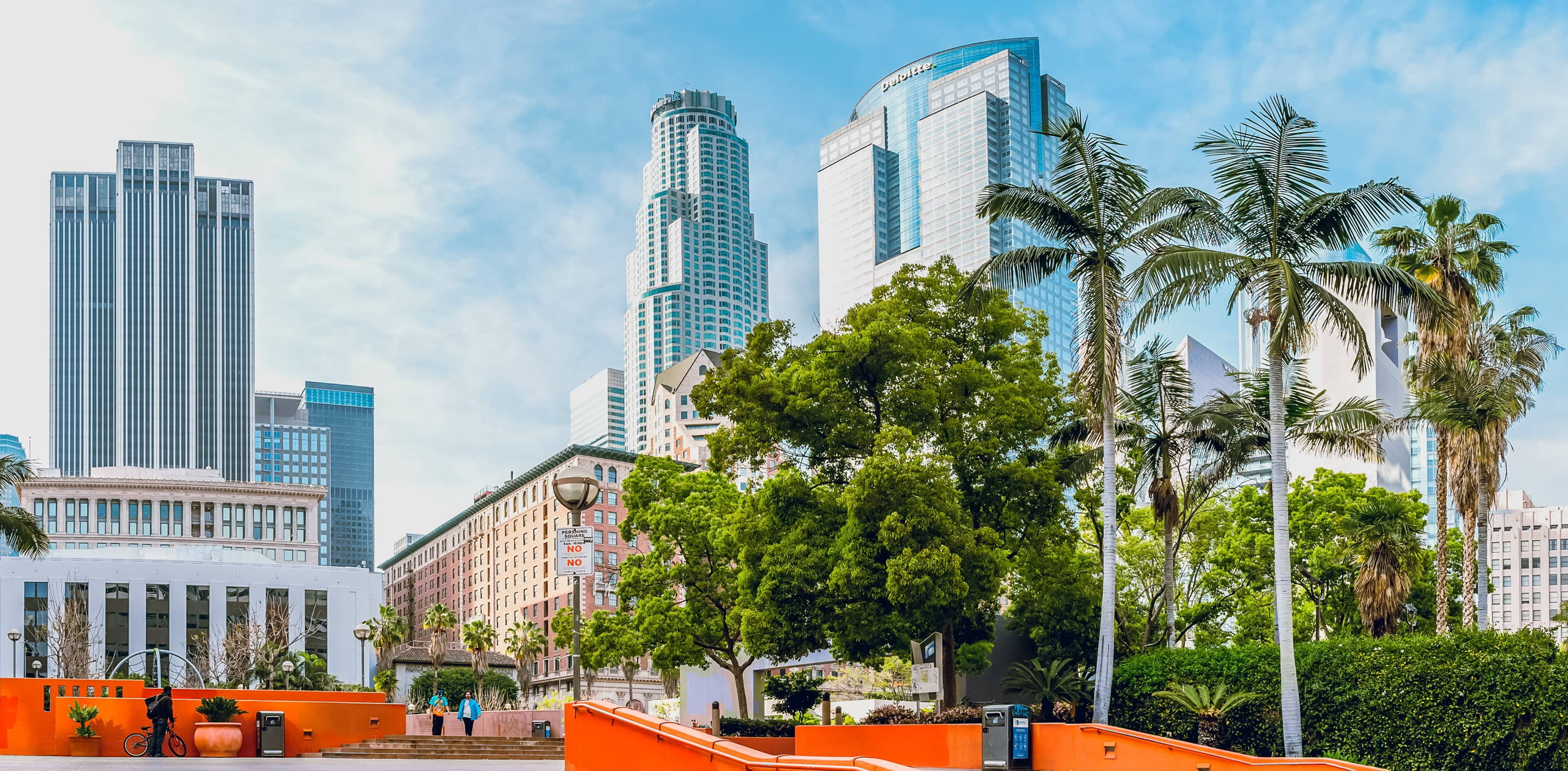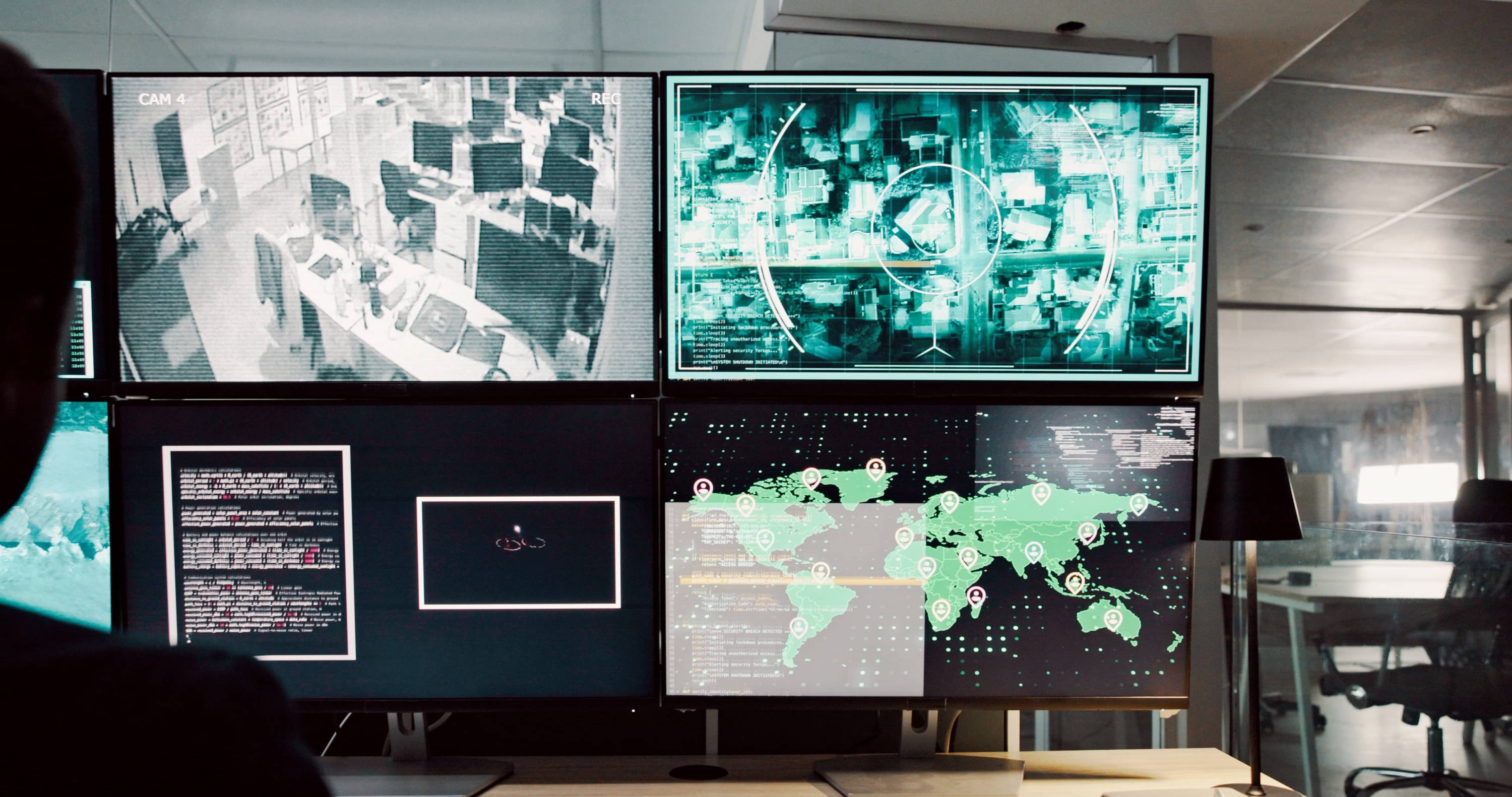Top 8 Pros and Cons of Public Surveillance Cameras
Written by Lila - Published on May 15, 2025

Public surveillance cameras have become a common sight in cities worldwide. While they enhance security, they also raise concerns about privacy and misuse. This article explores the top 8 pros and cons of public surveillance cameras, helping you understand their impact on society.
Are Security Cameras an Invasion of Privacy?
One of the biggest debates surrounding public surveillance is whether it violates personal privacy. Critics argue that constant monitoring creates a "Big Brother" society, where individuals feel watched at all times. On the other hand, supporters claim that safety outweighs privacy concerns, especially in high-crime areas.
Key points to consider:
- Yes, they can invade privacy if used excessively or without proper regulation.
- No, if used responsibly, as they primarily monitor public spaces where privacy expectations are lower.
The balance between security and privacy depends on how governments and organizations implement surveillance policies.
Pros of Public Safety Cameras
Crime Deterrence:
Visible cameras discourage criminal activities such as theft, vandalism, and assaults. Studies show that surveillance systems reduce crime rates in monitored areas.
Faster Emergency Response:
Security cameras help law enforcement detect crimes in real-time, allowing quicker intervention. They also provide crucial evidence for investigations.
Traffic Monitoring & Accident Prevention:
Surveillance cameras improve road safety by detecting speeding, reckless driving, and traffic violations. They also help in managing congestion.
Evidence Collection for Investigations:
Recorded footage serves as solid evidence in court, helping solve crimes and identify suspects accurately.
Bonus: Recommendations for Good Quality Security Cameras :
Cons of Security Cameras in Public Places
Privacy Concerns:
Constant surveillance can make people feel uncomfortable, leading to debates over government overreach and personal freedom.
Risk of Misuse & Hacking:
If not secured properly, surveillance systems can be hacked, exposing sensitive footage. Authorities or hackers could misuse data for unethical purposes.
High Costs & Maintenance:
Installing and maintaining a large-scale surveillance network is expensive. Taxpayers often bear the financial burden.
False Sense of Security:
Cameras alone don’t prevent all crimes—some offenders may find ways to avoid detection, leading to complacency in actual policing.

Laws on Surveillance Cameras in Public Places
Different countries have varying regulations:
USA:
Laws differ by state; some require public notice before installing cameras.
EU:
The GDPR restricts excessive surveillance and mandates data protection.
UK:
One of the most monitored nations, but strict laws govern footage usage.
Conclusion
Public surveillance cameras offer significant security benefits but come with privacy risks and ethical concerns. The key is finding a balance—using them responsibly with proper laws to prevent abuse.
Do you think public surveillance cameras are necessary, or do they go too far? Share your thoughts in the comments!

